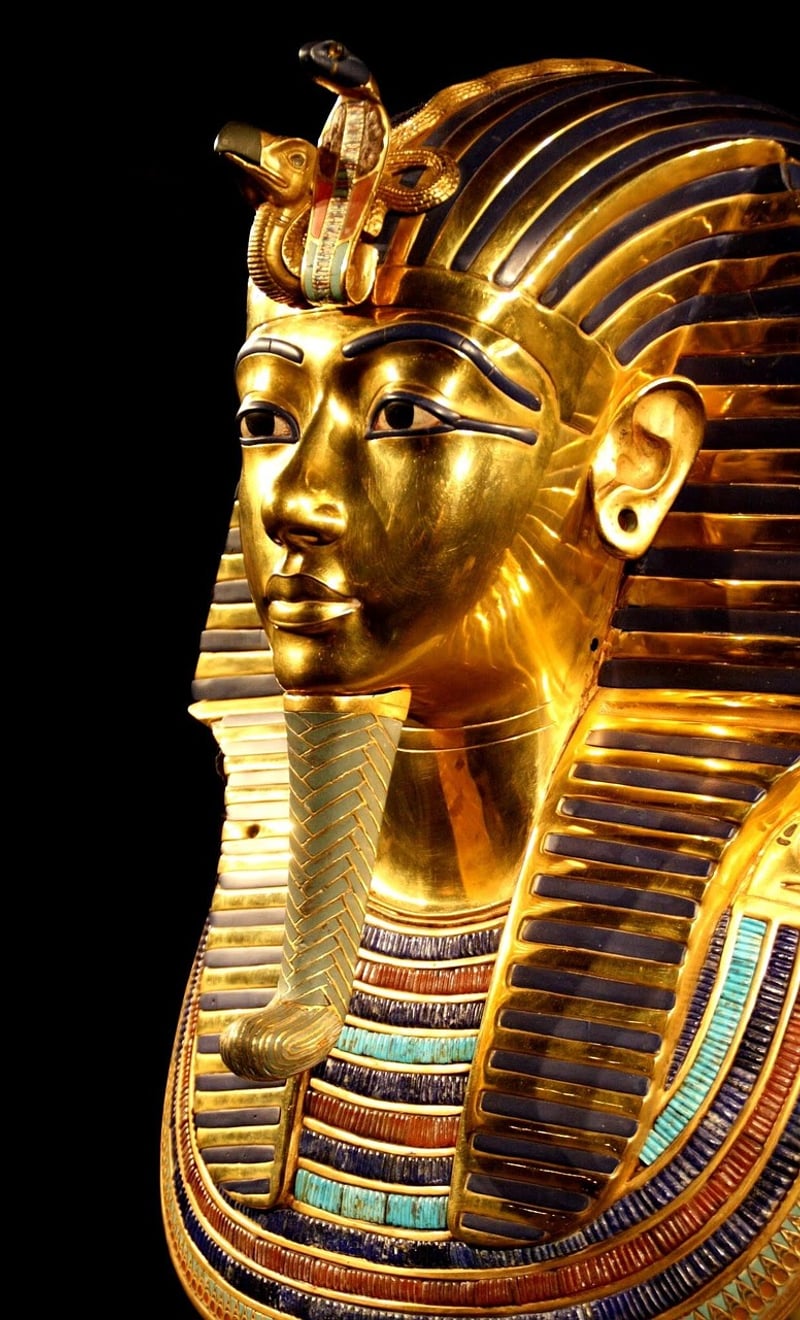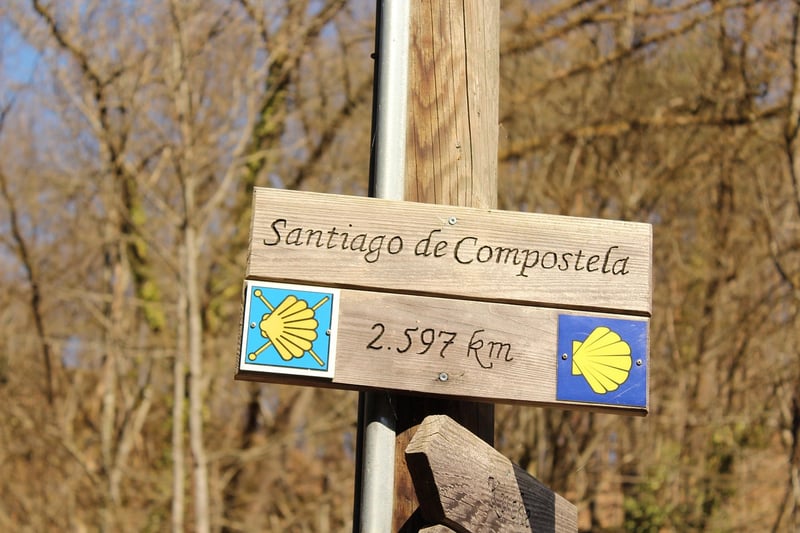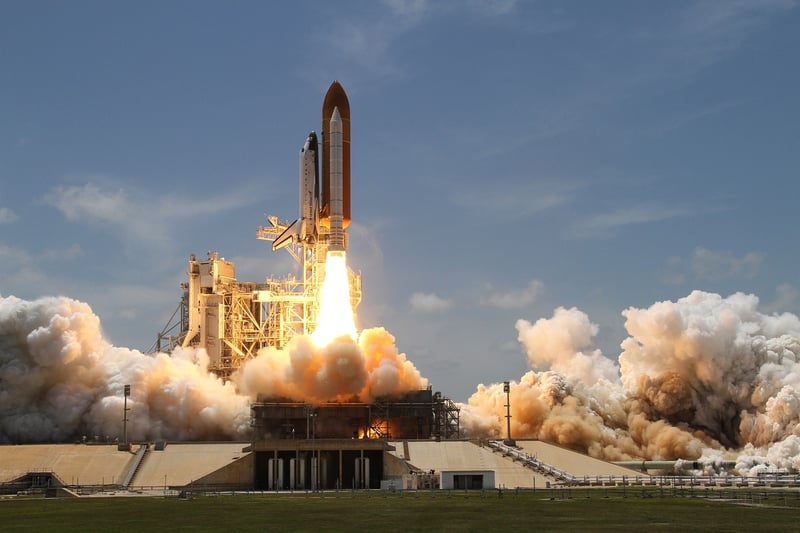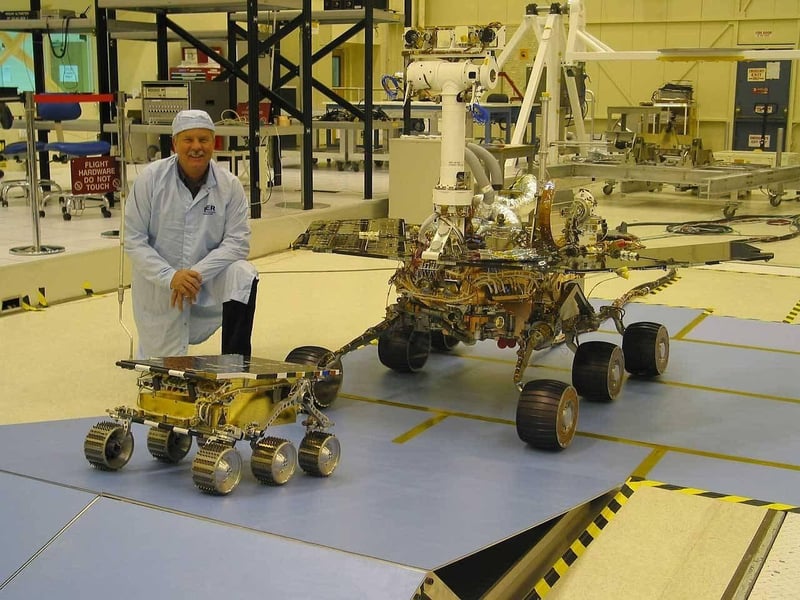Future Exploration
Exploring Various Eras and Future Exploration
Introduction
Exploration has been a fundamental aspect of human history, driving us to discover new lands, technologies, and ideas. From ancient times to the modern era, humans have pushed the boundaries of knowledge and ventured into the unknown. Let's delve into the exploration of various eras and ponder the possibilities of future exploration.
Ancient Exploration
Ancient civilizations like the Egyptians, Phoenicians, and Greeks were pioneers of exploration. They sailed across seas, traded goods, and established trade routes that connected distant lands. The ancient Silk Road is a testament to their adventurous spirit and quest for discovery.

Age of Discovery
The Age of Discovery marked a period of extensive exploration during the 15th to 17th centuries. Explorers like Christopher Columbus, Vasco da Gama, and Ferdinand Magellan set sail to find new trade routes, leading to the discovery of the Americas, Asia, and the circumnavigation of the globe.

Space Exploration
With advances in technology, humans have now ventured beyond Earth into space. The Space Age began in the mid-20th century with the launch of Sputnik and the Apollo moon landing. Today, organizations like NASA and SpaceX continue to explore Mars, asteroids, and beyond.

Future Exploration
The future of exploration holds exciting possibilities. From Mars colonization to deep-sea expeditions, humans are poised to push the boundaries of exploration further. Advancements in AI, robotics, and space travel will pave the way for unprecedented discoveries and adventures.

Conclusion
Exploration has been and continues to be a driving force in shaping our world. Each era of exploration has brought new knowledge, challenges, and opportunities. As we look to the future, the spirit of exploration remains alive, guiding us towards new frontiers and endless possibilities.
Embark on your own journey of discovery and let the spirit of exploration lead you to uncharted territories.
